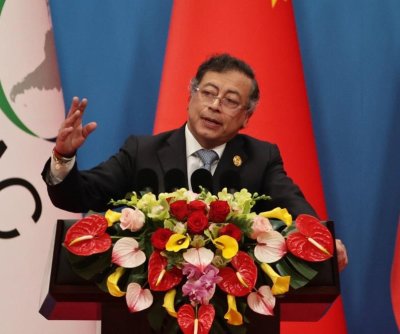Now Reading: Gustavo Petro seeks to impose referendum by decree in Colombia
-
01
Gustavo Petro seeks to impose referendum by decree in Colombia
Gustavo Petro seeks to impose referendum by decree in Colombia

President Gustavo Petro of Colombia is planning to initiate a national referendum through an executive decree to push forward his agenda, focusing on a labor reform bill that was recently turned down by the Senate. The country is facing a critical moment as Petro clashes with Congress and society over political disagreements, legislative deadlock, and stalled reforms. The proposed referendum has stirred up controversy, with the administration arguing that it would enable citizens to have a say on crucial issues like healthcare, pension reforms, public debt restructuring, and the possibility of establishing a constituent assembly. However, critics, including the opposition and legal experts, view the move as unconstitutional and an abuse of presidential authority. The situation may lead to a legal battle in Colombia’s Constitutional Court, which will play a key role in determining the fate of the referendum and the balance of power within the government. Apart from the referendum issue, Petro’s labor reform bill faced a setback in the Senate, failing to garner enough support to advance in the legislative process. The proposed reforms aimed at enhancing labor conditions and dignity by reducing work hours, increasing pay for weekend work, formalizing employment for digital platform workers, extending paternity leave, and ensuring gender pay equality. Nevertheless, business groups have strongly opposed the bill, expressing concerns about potential economic repercussions like job cuts, decreased investment, and a rise in informal employment. With the fate of the referendum and labor reform hanging in the balance, all eyes are on the Constitutional Court for a crucial decision that will shape the future of these initiatives and the overall institutional framework in Colombia.






